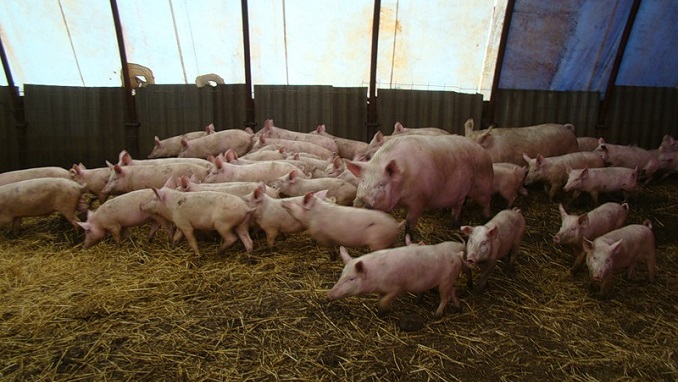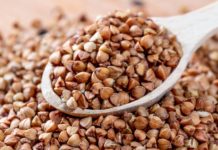Industrial pig farming in Primorsky Krai in Russia’s Far East region is under the threat of being ruined by Foot-and-mouth (FMD), regional governor Oleg Kozhemyako has said, according to Global Meat News.
Speaking at a meeting with the regional parliament in late April, Kozhemyako revealed that around 100,000 head of pigs had been culled following several outbreaks of FMD over the past few months, resulting in a major fall in total meat production in the region.
“We saw a rapid fall in meat production from small and medium-sized pig farms,” said Kozhemyako. “FMD has been a major blow to the pig industry and large-scale production in our region is on the edge of extinction. We believe the main impact on the regional economy will be seen this year.”
FMD outbreaks have jeopardized the meat industry’s development plans in the Far East region, according to the governor. Russian President Vladimir Putin had challenged the regional government to boost meat production by at least 50% by 2025. In value terms, agricultural production in Primorsky Krai was due to reach 75 billion rubles ($1.2 billion) by that time, compared to 41 billion rubles ($660 million) in 2018.
Five FMD outbreaks have been registered in the Far East this year, including at pig farms belonging to major producers RusAgro and Merci Trade, and the disease has temporarily disrupted meat supply in the region, local officials said. The previous FMD epidemic in Primorsky Krai took place in 2014 when the region lost nearly 25% of all its pigs as a result.
The situation is tough, not only in the pig industry but also for the region’s poultry industry, the governor said. There were several avian influenza outbreaks in 2018 and some smaller farms ceased operating, resulting in the region losing capacity equating to 30,000 tonnes of poultry meat per year, said Kozhemyako.
As a result, almost all the poultry meat in our market [region] is imported, the governor said, adding that the authorities needed to do everything possible to change the situation.
In 2019, the regional government expected to allocate 3.3 billion rubles ($60 million) to local meat producers under various support programs.












